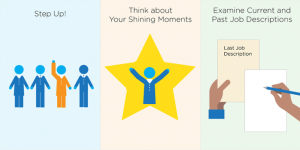I’ve been working on expanding my LinkedIn network. I have 215 first-degree connections so far, so I’m happy.
The other day I connected with a guy I met at a networking event.
As soon as he accepted my invitation, I sent him a quick thank-you message that I created to send each new person who connects with me.
In my welcome note, it talks about me and my background.
In the welcome message it also says “I write to my LinkedIn connections twice a month to keep them up to date with my projects. Please let me know if you’d rather not receive my mailings.”
I thought I was being polite, but my new connection immediately disconnected from me. We were only connected for about twenty minutes before he kicked me out of his network.
Did I do something wrong, or did he?
Thanks Liz!
Yours,
Greg



